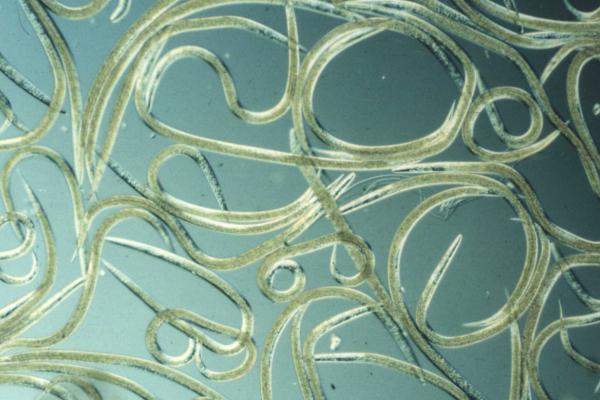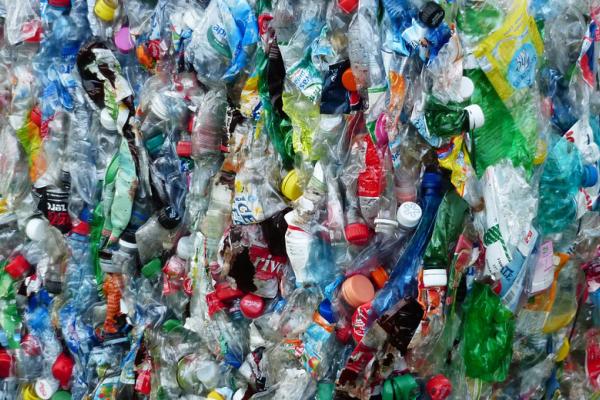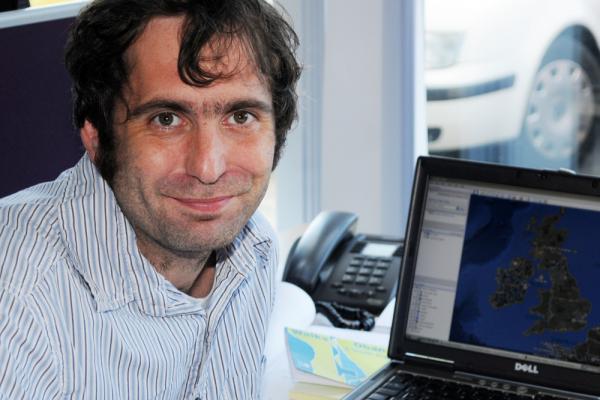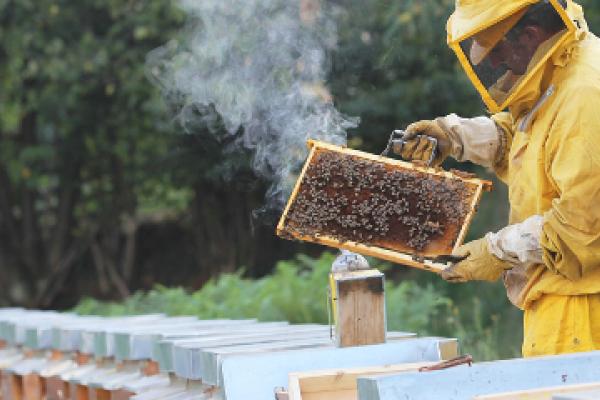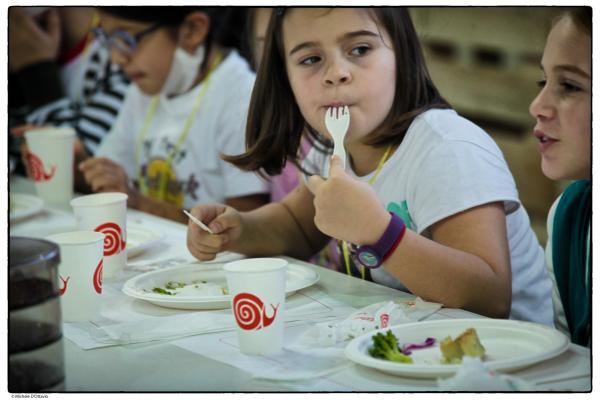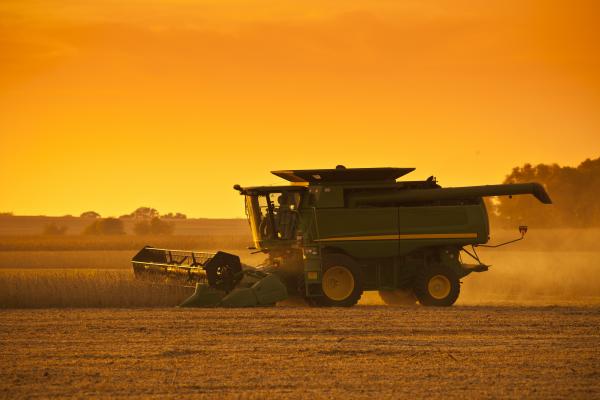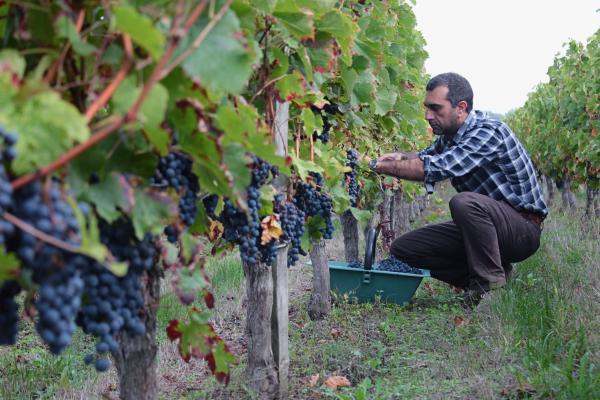Dr Tim O'Higgins, coordinator of the EU-funded KnowSeas project, based in Oban, Scotland, argues that implementation of the EU Integrated Maritime Policy will require a delicate balance between…
Car fuel made from agricultural waste could help cut down carbon usage without taking up land that is used to grow food. It is one innovation that could help the biofuels industry shift up a gear.
Innovative new EU-funded research aims to help tackle an alarming decline in Europe's bee population. At Nottingham Trent University in the UK researchers are developing new methods to transfer…
Early shoots for the bioeconomy have sprung up through innovative ideas in completely different businesses. And, at the same time, they raise some legislative initiatives.
The industrial revolution made the world wealthy through a simple idea: to replace the physical labour of humans and animals with energy from fossil fuels. Two-and-a-half centuries after the…
Among the vineyards and wheat fields of north-eastern France, a revolution in chemical manufacturing is quietly gathering momentum. Here, biomass is turned into valuable components and energy.



